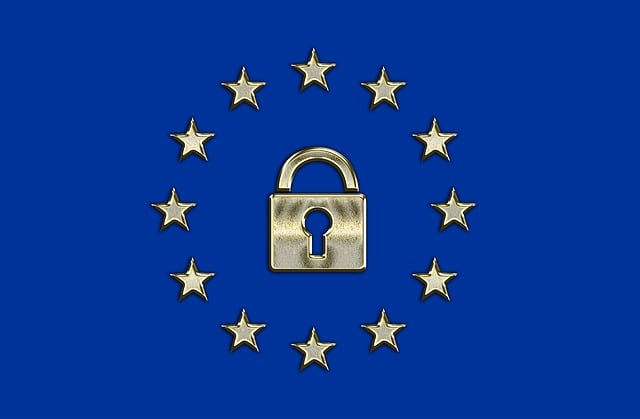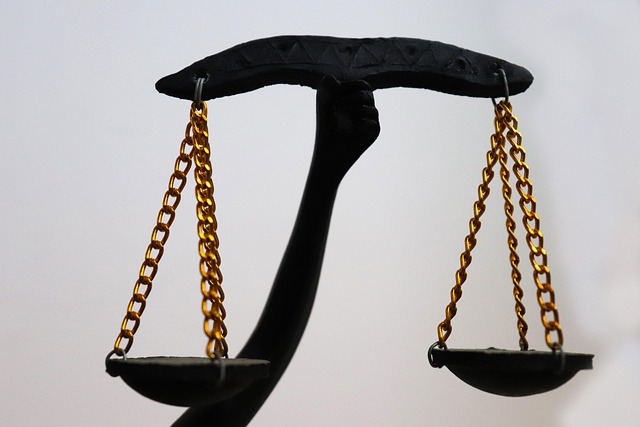RF Regulatory Agency investigations into potential non-compliance with RF standards are complex processes that individuals and businesses should navigate carefully. Understanding these steps, including identifying relevant agencies, gathering evidence, consulting legal experts, and following structured defense strategies, is crucial. Joining a class action lawsuit can offer improved access to resources and potentially higher compensation for RF-related harm. To do so, research qualified attorneys, understand your rights and claims, evaluate the case strength, provide necessary documentation, and let legal counsel guide you throughout.
In today’s interconnected world, understanding RF Regulatory Agency Investigations is paramount for businesses and consumers alike. These inquiries, initiated by agencies like the FCC, focus on ensuring wireless technology complies with safety and interference standards. This article delves into the intricacies of such investigations, elucidating common triggers, the investigation process, rights during inquiries, and offering a comprehensive guide to joining a class action lawsuit – essential steps for victims navigating these legal complexities.
- Understanding RF Regulatory Agency Investigations
- Common Reasons for RF Agency Investigates
- The Process of an Investigation
- Rights and Expectations During an Investigation
- Joining a Class Action Lawsuit: A Guide for Victims
Understanding RF Regulatory Agency Investigations

RF Regulatory Agency Investigations are crucial processes that ensure radio frequency (RF) technologies and devices comply with safety and performance standards. These investigations are initiated when there’s a suspicion or report of non-compliance, ranging from emissions levels to product certification. Understanding the dynamics of these investigations is essential for businesses and individuals alike, especially those considering joining a class action lawsuit.
The steps to join such a lawsuit involve careful navigation through complex legal processes. It typically begins with identifying the specific RF Regulatory Agency involved, be it the Federal Communications Commission (FCC) in the US or similar bodies globally. Next, affected parties must gather evidence and consult legal experts who can guide them through the investigation’s stages, which often include fact-finding, analysis, and, if necessary, a hearing. An unprecedented track record of winning challenging defense verdicts highlights the importance of expert representation, ensuring that all charges are thoroughly investigated and, where applicable, completely dismissed.
Common Reasons for RF Agency Investigates

RF Regulatory Agency investigations are often sparked by several common reasons. One primary catalyst is the suspicion of non-compliance with radio frequency (RF) standards and regulations. These standards govern the safe and efficient use of RF technologies, including wireless communications, to ensure consumer protection and avoid interference. Another significant trigger is the reporting of alleged violations or unusual activities within respective businesses, especially in industries dealing with white-collar and economic crimes. High-stakes cases often come under scrutiny due to their potential impact on public safety, national security, and economic stability.
Companies facing such investigations should consider prompt legal counsel to guide them through the process. One crucial step is gathering evidence and documentation related to the suspected violation. Additionally, evaluating potential liabilities and crafting a defense strategy early can be invaluable. If the investigation leads to a lawsuit, joining a class action may provide affected parties with collective strength, offering better access to resources and potentially larger compensation for harm suffered due to RF-related issues.
The Process of an Investigation

When an RF Regulatory Agency initiates an investigation into a potential violation of wireless communication laws, it follows a structured process designed to uncover the facts and determine appropriate action. The initial phase involves gathering information from various sources, including public disclosures, industry reports, and direct inquiries to the involved entities. This step is crucial for setting the investigative framework and identifying key players, such as manufacturers, service providers, or corporate clients.
The agency then delves into the heart of the matter by conducting thorough examinations of the accused parties’ operations. This may include reviewing technical documentation, testing equipment, and interviewing staff to understand procedures and potential lapses. As the investigation progresses, the RF Regulatory Agency evaluates the evidence collected across all stages of the investigative and enforcement process. This meticulous approach ensures that any decisions made are well-founded and support winning challenging defense verdicts for both corporate and individual clients.
Rights and Expectations During an Investigation

During an RF Regulatory Agency investigation, individuals and businesses involved have specific rights and expectations. Firstly, they are entitled to know the nature of the investigation and any allegations made against them. This information is crucial for understanding the context and preparing a defense strategy. Secondly, privacy and confidentiality are paramount; personal data and sensitive information must be handled with care, ensuring it’s only used for the intended regulatory purposes.
Individuals and entities also have the right to legal representation throughout the entire process. Engaging experienced counsel who specializes in RF regulations can significantly enhance your chances of a favorable outcome, whether through negotiation or winning challenging defense verdicts. Additionally, staying informed about all stages of the investigative and enforcement process is vital. Understanding timelines, gathering relevant documentation, and proactively communicating with regulatory bodies can contribute to a successful resolution, aiming for complete dismissal of all charges if warranted.
Joining a Class Action Lawsuit: A Guide for Victims

If you’ve been affected by an RF Regulatory Agency investigation, you might consider joining a class action lawsuit—a powerful legal tool that allows victims to band together and fight for justice. This collective approach is particularly effective in high-stakes cases where individuals may have suffered similar harm across the country. By joining forces, plaintiffs can pool resources, share information, and enhance their negotiating power against regulatory bodies or offending entities.
The process of joining a class action lawsuit involves several key steps: researching qualified attorneys specializing in these cases, understanding your rights and potential claims, evaluating the strength of the case, and providing necessary documentation to prove your involvement or injury. Throughout all stages of the investigative and enforcement process, legal counsel will guide you, ensuring your rights are protected and your voice is heard.
RF Regulatory Agency investigations can significantly impact individuals and businesses affected by non-compliance or unfair practices. Understanding the process, common triggers, and your rights is essential. If you’ve been harmed, joining a class action lawsuit could be a strategic step towards justice and compensation. By following the clear steps to join such a lawsuit, victims can collectively assert their claims and potentially achieve more favorable outcomes.






